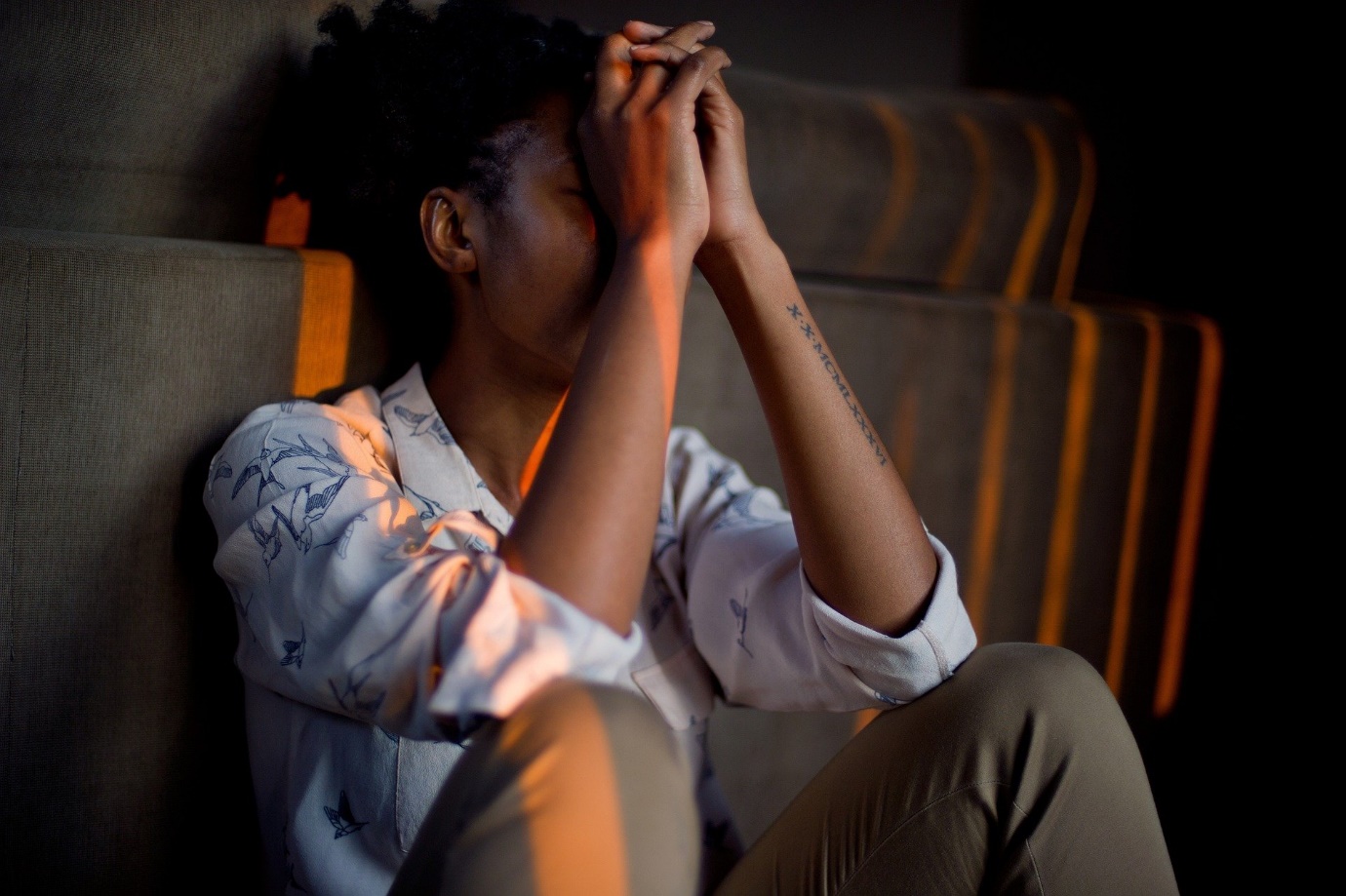
Many people can recall a time when they were anxious or depressed. These are normal reactions to life’s many challenges. However, thoughts and sad feelings can become a daily occurrence. They can even start to disrupt normal activities and hurt our well-being. For many people, mood and anxiety inextricably linked. They can prefer chemicals like 1v lsd for depression.
What Is Agoraphobia?
Agoraphobia is frequently comorbid with panic disorder, which means that people frequently suffer from both conditions at the time. It’s an intense fear of not being able to escape whatever situation you’re in, and it can often lead to avoiding leaving the house. People with agoraphobia afraid of cases in which their anxiety may flare up, and they may not feel comfortable or safe in public or crowded places. To ease the mind 1v lsd is one of the best options.
What Are Some Other Phobia-Related Disorders?
Phobias are a type of anxiety disorder to the American Psychiatric Association. A specific phobia, defined excessive and persistent fear of object, situation, or activity, is generally not harmful. Flying phobia, germ phobia, emetophobia (fear of vomiting) arachnophobia is a few examples.
People have specific phobias understand that their fear is irrational, but they can’t control their reaction, and their desire to avoid triggers interferes with their daily routines. Specific phobias can develop in childhood, but they can also emerge suddenly, as a result of a traumatic event or experience, according to the Anxiety and Depression Association of America (ADAA).
What Is Panic Disorder?
Everyone has probably felt panic, or something similar, at least once in their lives: on a frighteningly turbulent airplane, before giving an important presentation, or after you hit reply when you really, really shouldn’t have. We’ve all experienced paralysis and heightened physical sensations. Panic attacks have numerous physical symptoms, peaking at around 10 minutes and lasting up to 30 minutes. Panic disorder defined by the frequency of these attacks and the presence of a fear of having them.
Recognizing Unusual Symptoms of Depression
One reason depression can be hard to identify is that its symptoms can vary from person to person and can sometimes masked by atypical symptoms.
Some people who are depressed may appear disgruntled, resentful, or irritable. Depression masquerading as anger may appear not when several underlying factors, such as alcohol or substance abuse and childhood trauma, have been linked to both.
How do anxiety and depression differ?
Anxiety and depression have distinct psychological (mental) and physical characteristics. Excessive worry is the most common psychological symptom of anxiety. For example, this could include being overly concerned about the future or hurt. Anxious people avoid potentially anxiety-provoking situations and obsess over “bad” things happening.
Anxiety can also cause physical symptoms. These symptoms are related to our human “fight-or-flight” response. Anxious people, for example, may experience an upset stomach, dizziness, or a fast heartbeat. Physical symptoms generally represent a change in daily habits. Depression, for example, can cause changes appetite, energy, and sleep. All of these symptoms, in both depression and anxiety, can have a significant impact on daily life.

